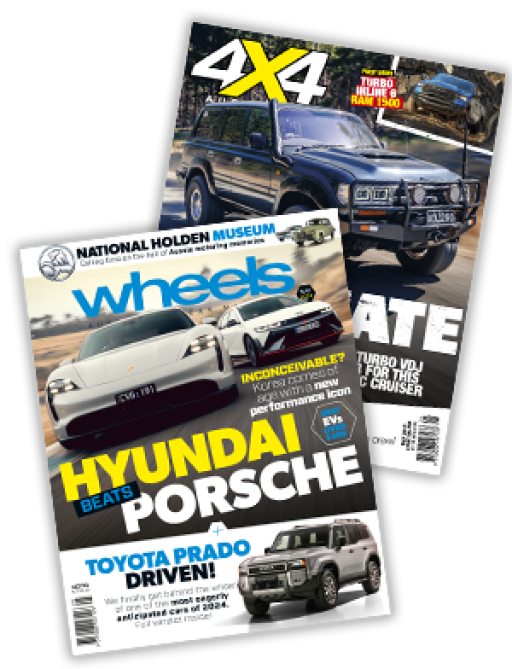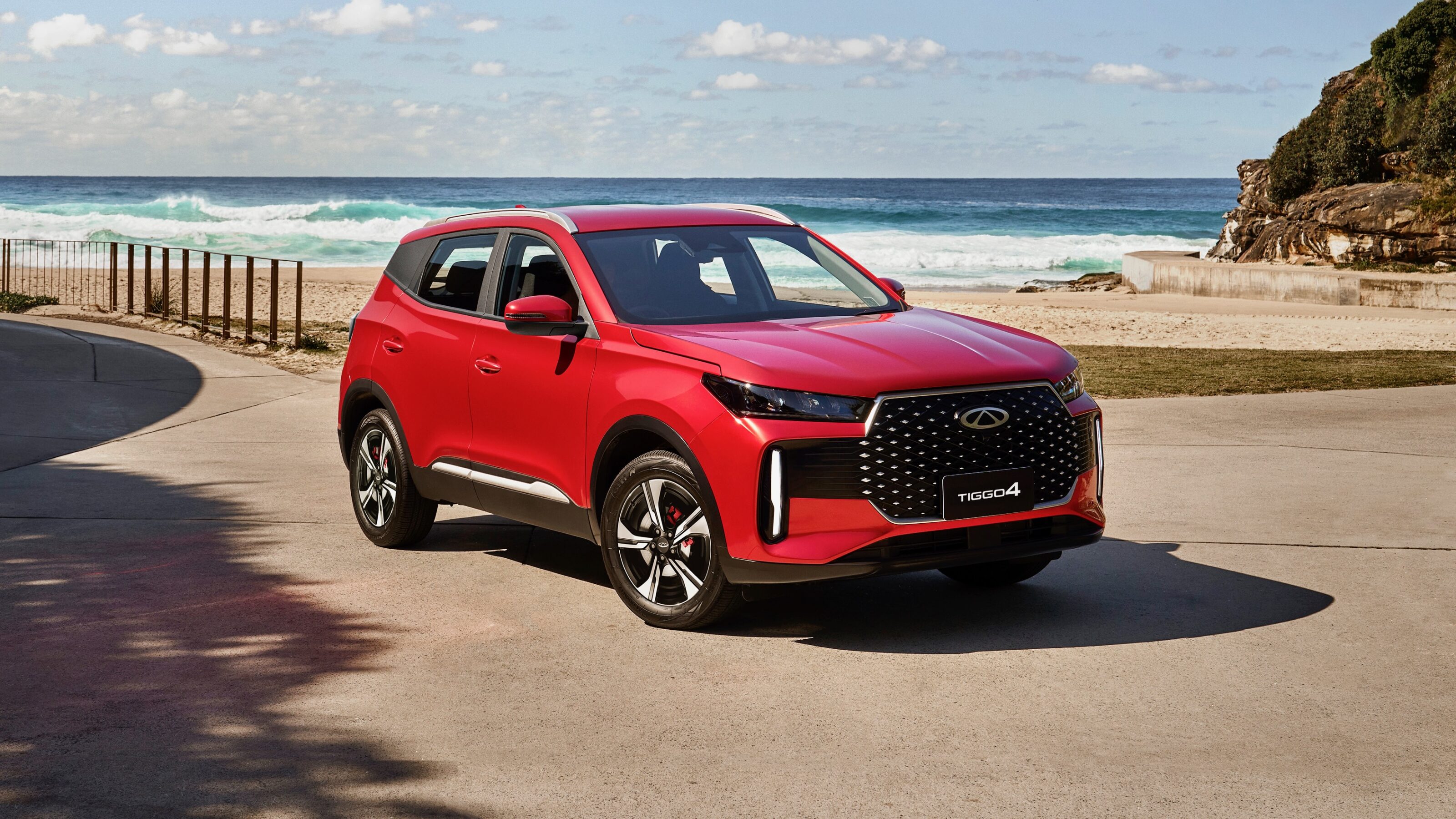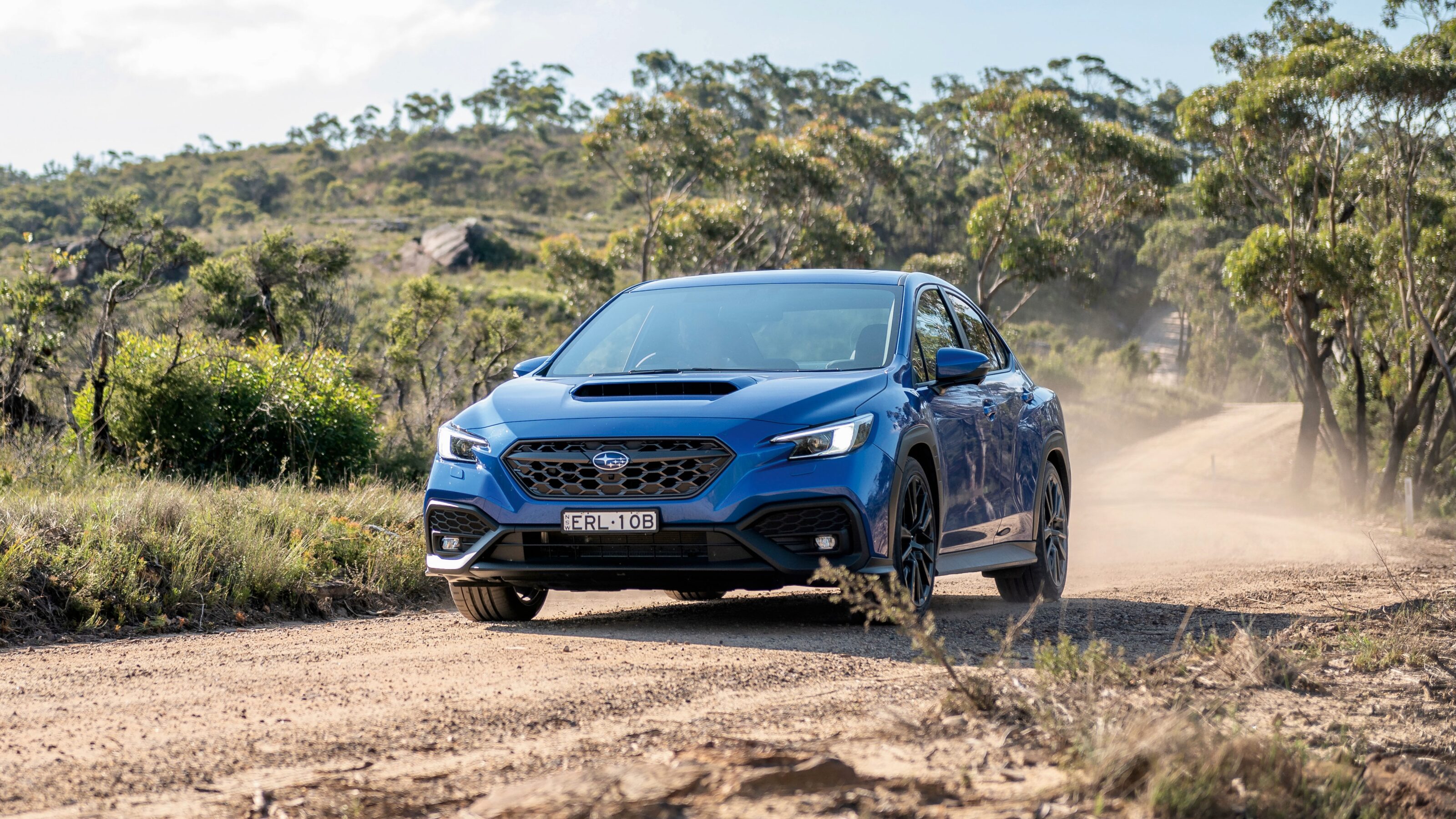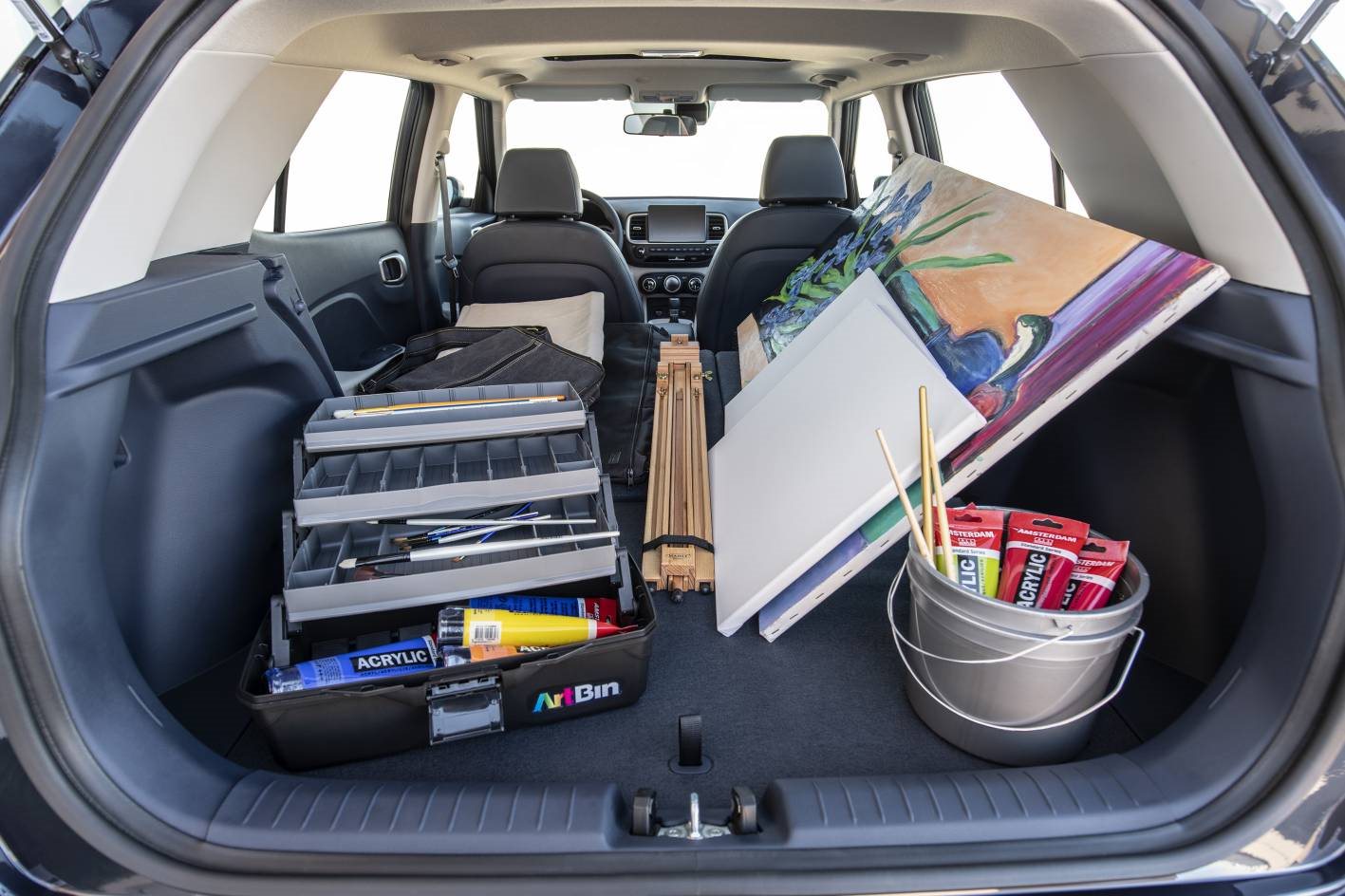
Snapshot
- Drivers are safest behind the wheel when children are in the car
- Double demerits change the habits of just one-third of road users
- A fragile item has a better chance of being in a safely driven car than partners
Dash Cam manufacturer Nextbase has conducted a study of just over 1000 respondents in Australia to understand their driving habits, understanding what acts as an incentive to make us drive safer.
Nextbase discovered 51 per cent of us would be more cautious on the roads if we had children in the car and 44 per cent would change their habits if they were carrying a fragile item, such as a TV.
Though this may not be a surprise, just 36 per cent responded to driving safer with a spouse in the vehicle, putting the cost of replaceable appliances above their partner.
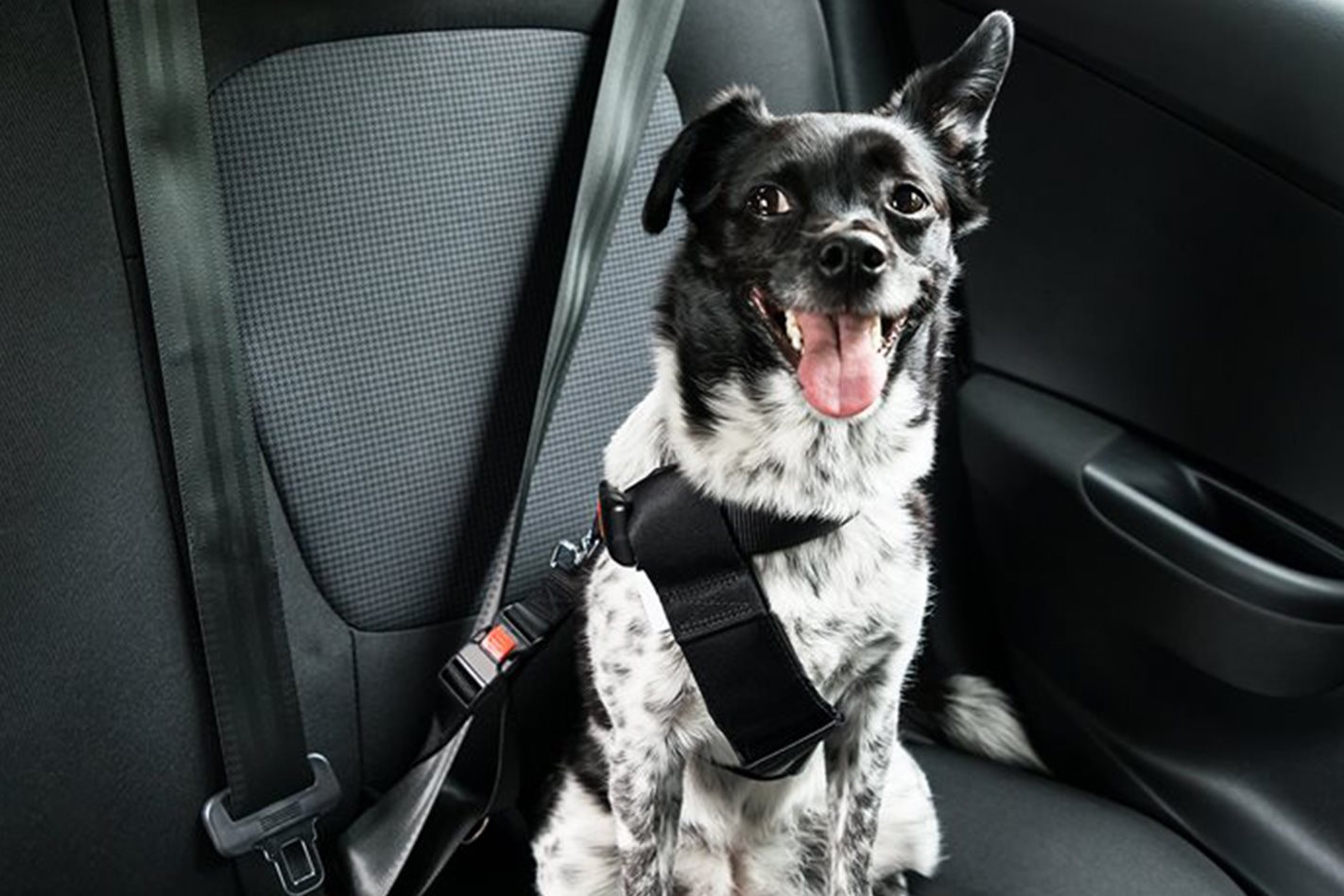
Despite being unable to protect themselves, the presence of pets had the smallest effect, only 29 per cent saying they would drive more safely if their furry friend was a fellow occupant.
The authorities won’t be pleased with the finding of just 33 per cent of those surveyed changing their habits while double demerits are in force, hardly acting as a deterrent to curb bad habits.
The same study was done on our neighbours in New Zealand who had even more questionable driving choices, placing an even higher value on fragile items (54 per cent) than their partners (30 per cent).
A similar study conducted by Nextbase in 2020 discovered half of the Australian respondents didn’t feel they had any bad habits behind the wheel, though seven per cent admitted to using their phone when driving.
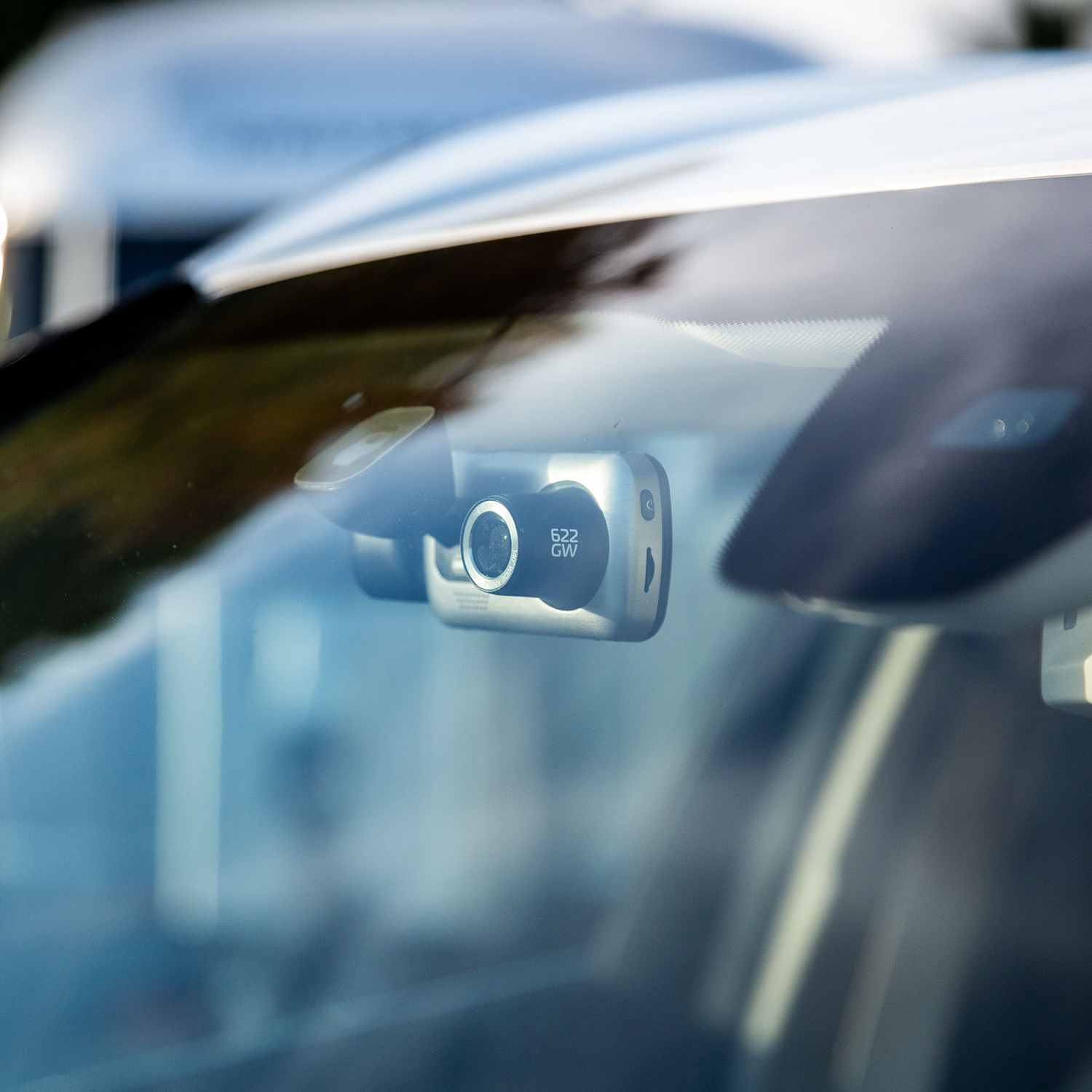
Nextbase’s Managing Director, Richard Browning, said the study was designed to better understand the habits of Australian drivers and to help them become more aware of their choices.
“The findings are fascinating, giving us insights into the minds of drivers and what motivates the way that they change their decision-making when behind the wheel,” said Mr Browning.
“We want to help play a role in encouraging Australians to really consider how they are behaving while driving on the road, and the scenarios in which they should vary that behaviour accordingly.
“We know that 25 per cent of Australians have a Dash Cam installed in their car, with that number steadily rising, and that added layer of accountability will hopefully have an ongoing influence on the behaviour of other motorists.
“When our actions can be played back to hold us accountable, we are less likely to take unnecessary risks on the road.”
The survey was based on the responses of 1,019 respondents in Australia from May 17 to 24, 2021.
We recommend
-
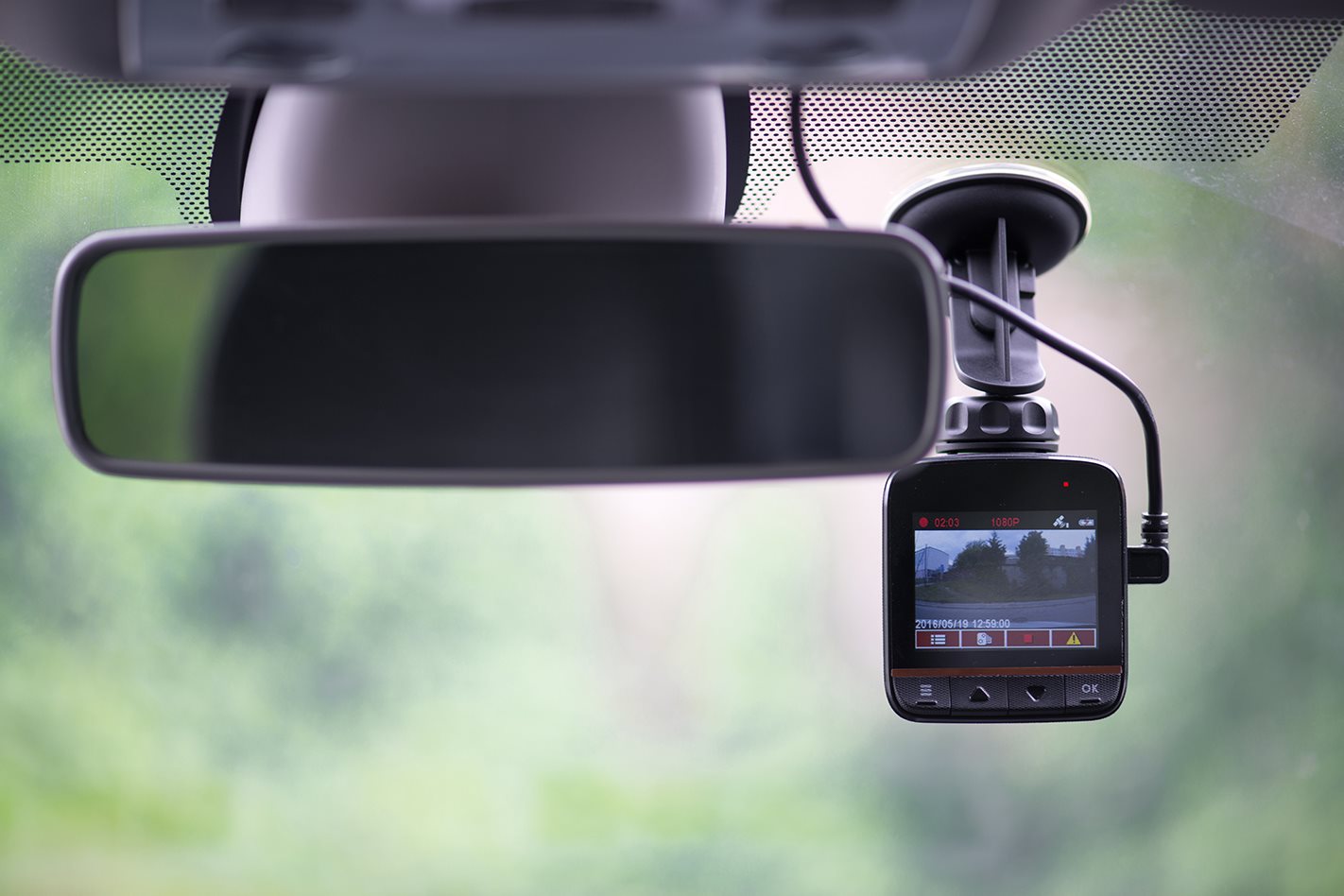 Advice
AdviceHere's why pretty much everybody needs a dash cam
Dash cams provide more value than just hours of YouTube entertainment. But are they really worth the investment?
-
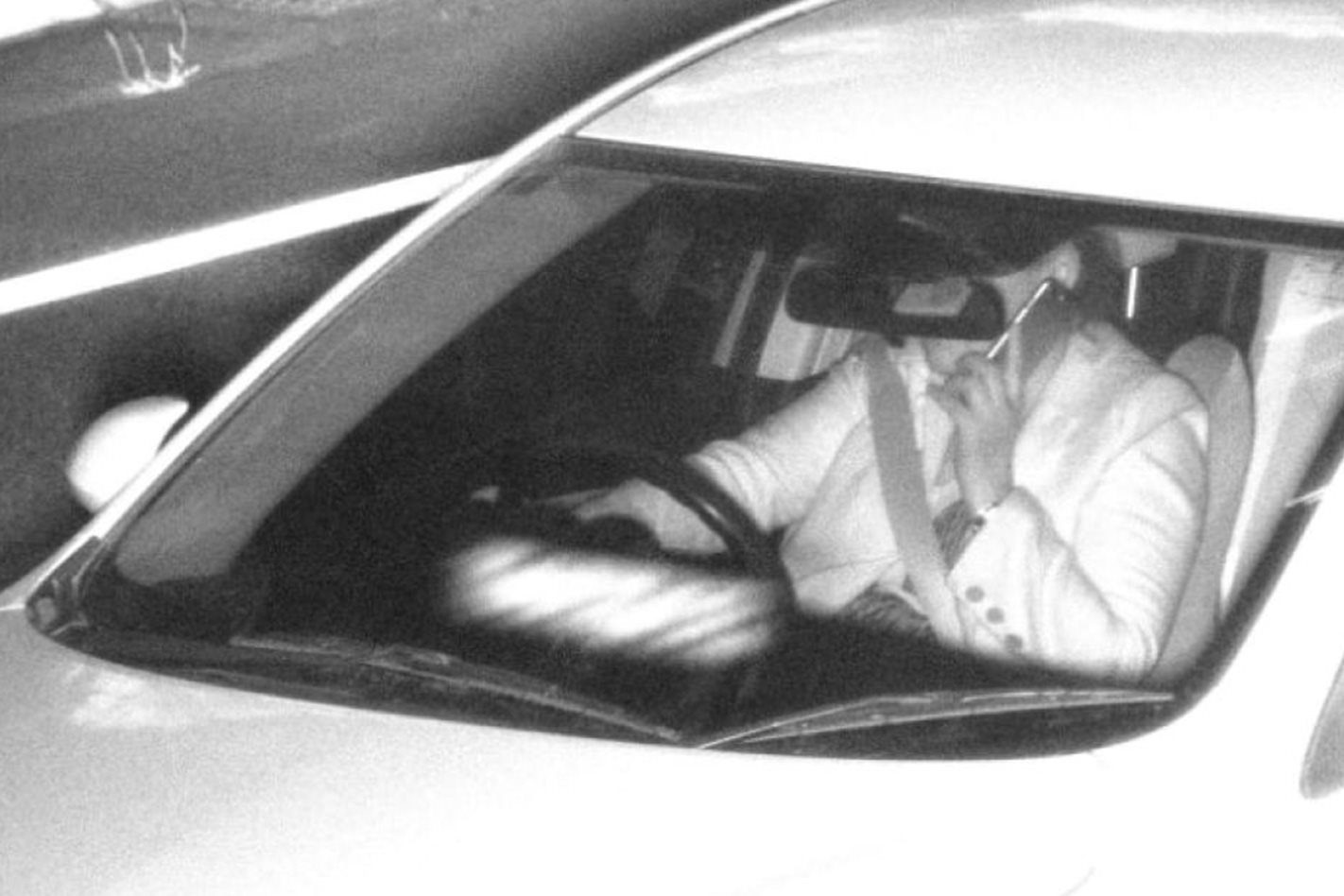 News
NewsThousands of drivers get nabbed by mobile phone detection cameras in first week
More than 3300 people have been nabbed using their phones in first week of mobile phone detection camera roll out
-
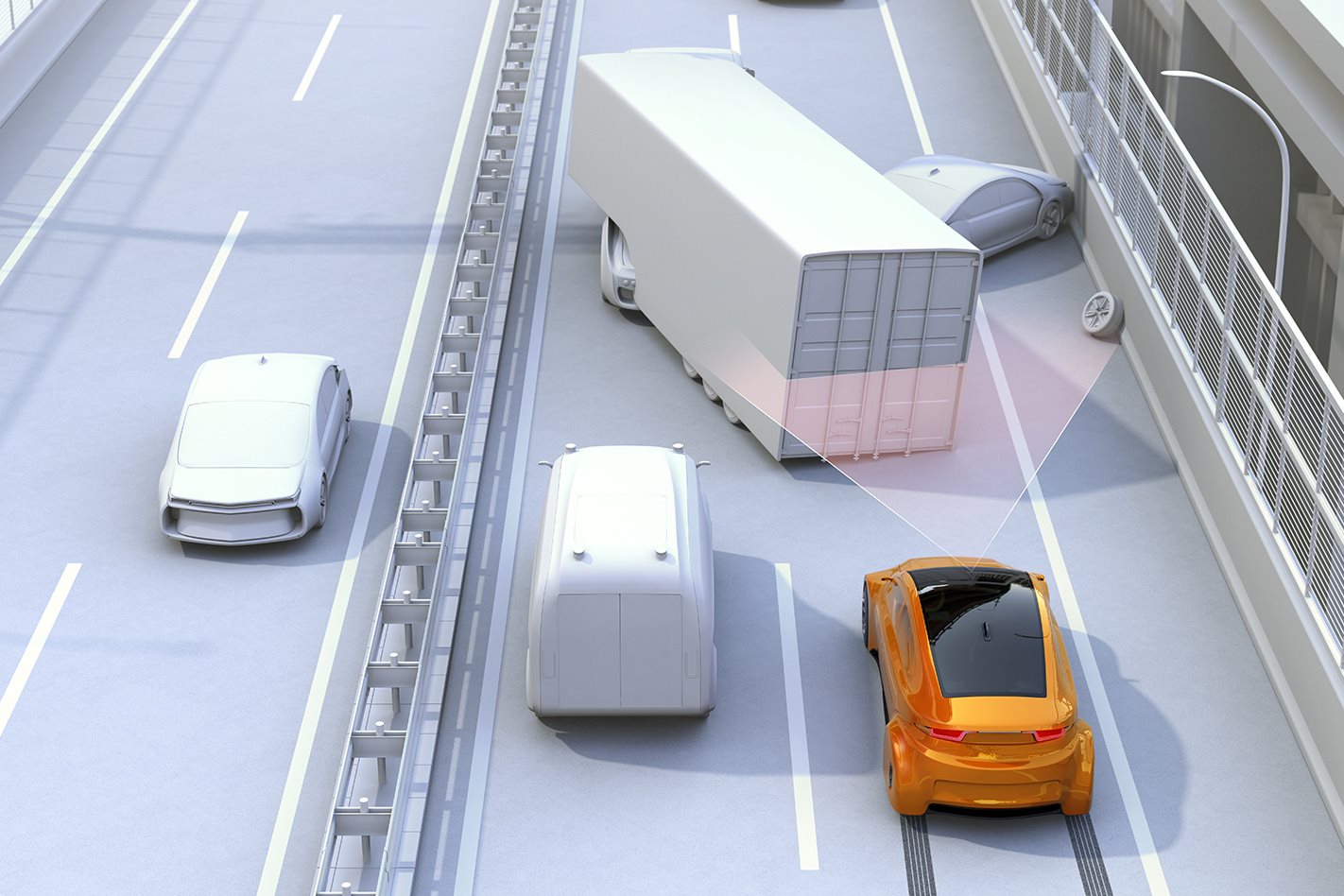 Advice
AdviceActive safety features explained
You’ve probably heard of AEB and Lane Keep Assist, but how do they and other advanced driver assist systems make motoring safer?

